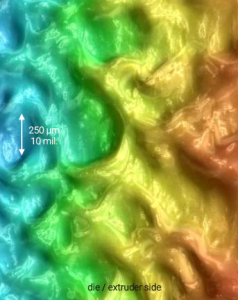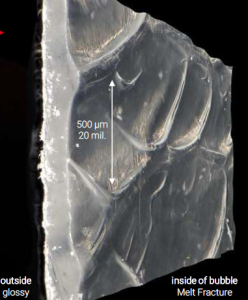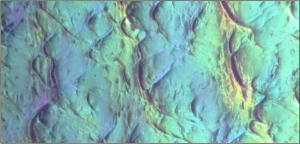Wide PPAs portfolio for various flow challenges for all blown and cast films
The plastic industry is witnessing new regulations in Europe and the USA that impose limitations and bans on the use of fluoropolymers and PFAS-containing chemicals. These substances have long been utilized as polymer processing aids (PPAs). They promote stable melt flow, reduce die buildup, and address other flow-related challenges. However, with the changing regulatory landscape, the industry needs innovative solutions that comply with stringent regulations while maintaining production efficiency.
Pioneering PFAS-Free Solutions
To comply with the regulations, the global Kafrit Group has introduced a new line of PFAS-free PPAs, developed with local expertise by Polyfil in the USA and CONSTAB in Europe. By leveraging their collective expertise, these companies are providing solution to a variety of processing technologies, different polymers, and a wide range of temperatures.
Solutions for Sustainable Production
The PFAS-free PPAs offer a range of benefits. Some of the solutions have high-temperature suitability, up to 310oC (590oF). These are ideal for pipe extrusion and HDPE MDO films, enabling the production of mono-material films that facilitate easy recycling and promote sustainability. By replacing traditional PPAs with these new alternatives, manufacturers can contribute to a more environmentally friendly and circular economy.
Versatile Problem-Solvers
There is a challenge in developing PFAS-Free PPAs that match the performance level and universality of traditional PFAS-containing solutions. Usually, standard PPAs effectively tackle multiple production issues like melt fracture, die buildup, interfacial instability, and high die pressure. However, PFAS-Free PPAs offer individual solutions to each processability problem.
The new PFAS-Free solutions go beyond individual products by offering a single universal PPA. In addition, a wide portfolio of PFAS-Free PPAs is available to address each flow related challenge separately. This versatility allows manufacturers to tailor their PPAs to their specific requirements, achieving optimized production processes and superior product quality. With FDA and EC approvals for food contact, Kafrit Group’s PFAS-free PPAs are highly suitable for various applications, including cast and blown films.
As regulations continue to evolve, these solutions enable manufacturers to navigate the changing landscape while optimizing their production processes. Thus, the plastic industry can drive sustainability, efficiency, and compliance, ushering in a new era of responsible plastic manufacturing.

Photo 1: Melt die swell in situ, as it appears at a die exit. Extreme die swell leads to a very rough melt surface.

Photo 2: Melt fracture in the final film as a surface defect. Die swell stretched with a blow-up ratio BUR = 1:3.

Photo 3: Interfacial interference optical defect within a co-extruded film structure. Microscopic image: Approximately 2 mm by 5 mm (0.075 inch by 0.20 inch).

Photo 4: Extreme extrusion die exit flow marks due to high wall shear stress. Microscopic image: Approximately 2 mm by 5 mm (0.075 inch by 0.20 inch).



